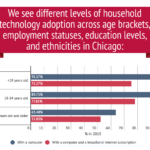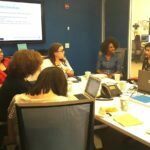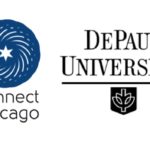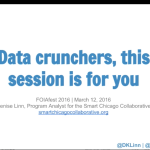Data Potluck is a monthly meetup that brings together data scientists together to work on ways to help nonprofits using data. These meetups are held at the Chicago Community Trust and features a potluck dinner.
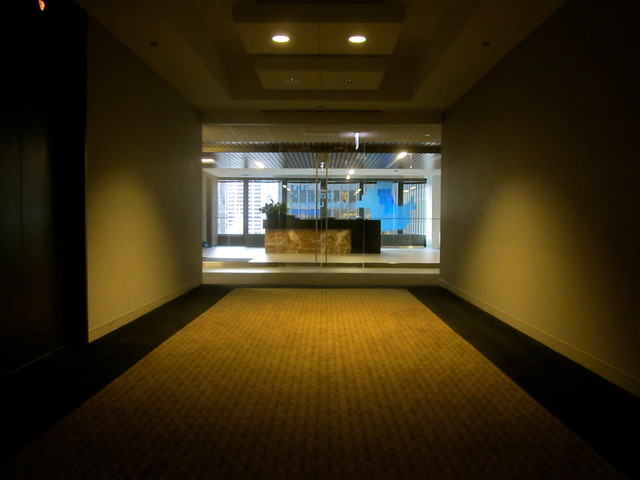
DataPotluck XII continues the momentum on hands-on workshopping of tools, where they swap sitting and listening to cool stuff in favor of learning-by-doing cool stuff. After a meal and a data tasting the DataPotluck group will host two breakout sections:
• ipython Notebook – a powerful data analysis, visualization and code sharing platform for python that allows you to track data, data transformations and your visual data explorations in an easy to understand and compact notebook style — hosted by: Matt Gee, Research Fellow at the Computational Institute at the University of Chicago
• R for Statistical Analysis – R is a powerful and increasingly popular open source tool for a statistical analysis (and many functions for data visualization, web app creation, document production, and more). In this mob programming session, the group be analyzing aggregate education data to approximate program evaluation methods. This will include the basics of loading, cleaning and summarizing data, as well as running linear regression methods (with complementary light introduction to those concepts). Hosted by: Nick Mader, Senior Researcher with Chapin Hall at the University of Chicago
Each session meets in its own room, fitted with one projected screen, one keyboard, one mouse, and one problem for the group to solve. While the host will (as necessary) guide the approach that the group takes, the keyboard and mouse are passed every 5-10 minutes. Each “mobbing” session is collaborative and interactive and meant to allow each participant to learn-by-doing the tool or techniques for the session.
All sessions will be live streamed right here on this blog post and recorded for later reference by you and other community members. All materials–data, code, and anything generated along the way–will be saved in the Data Potluck public github repo so that you can go back and keep exploring, learning and trying new things.
You can register for the Meetup on the DataPotluck page on Meetup.
